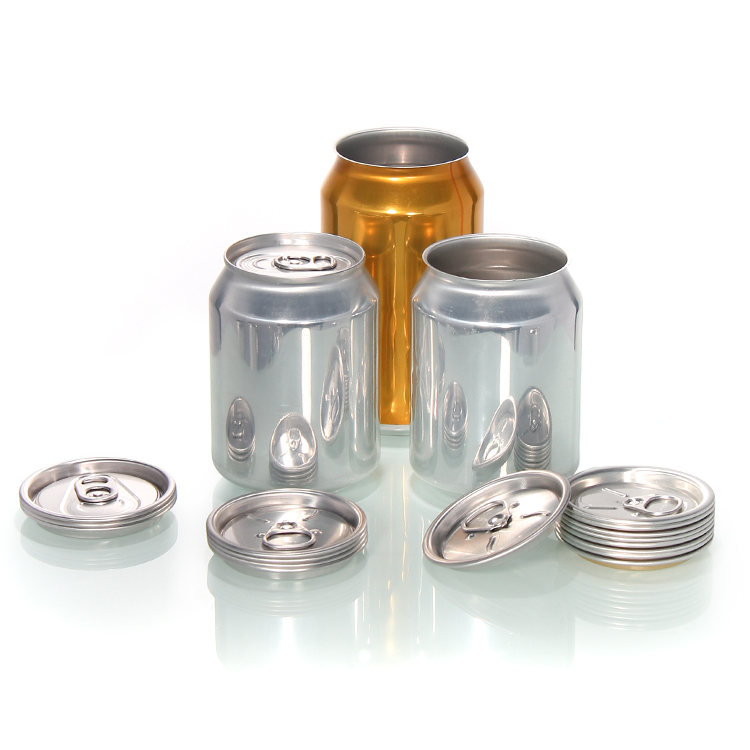Reasons for the Craft Beverage Industrys Preference for Cans Instead of Bottles
Reasons for the Craft Beverage Industry's Preference for Cans Instead of Bottles
Sustainability, Functionality and Economy are Key Factors in Growing Preference for Cans
Both craft beverage makers and drinkers are increasingly opting for aluminum cans as their preferred packaging. When choosing how to package their products, brewers consider factors such as sustainability, practicality, and cost-effectiveness, which also influence consumers' decisions on how to enjoy their craft drinks.

Sustainability
In terms of sustainability, the packaging of a beverage can be as crucial, if not more so, than the ingredients used or how it's produced. For serving drinks on-site at places like brewpubs, bars, and restaurants, "on tap" kegs are the most eco-friendly choice. However, they pose limitations for those who wish to enjoy the beverage at home. This raises the question: what is the most suitable retail container that benefits both brewers and consumers?
- An increasing agreement suggests that aluminum cans are more environmentally friendly than glass bottles. Earth911 reports that to equal the greenhouse gas emissions of an aluminum can, a glass bottle must be reused - rather than recycled - at least three times.
- According to a 2020 study on beverage packaging life cycles conducted by the University of Southampton and referenced by UK-based Which, glass and recycled glass bottles are associated with the highest carbon footprint. This is primarily due to the energy consumption and emissions involved in extracting and melting the materials used in their production. Conversely, aluminum emerges as a highly sustainable option, particularly for pressurized beverages like carbonated drinks and beer, owing to its ease of recycling and infinite recyclability.
- A recent report titled "The Aluminum Can Advantage: Sustainability Key Performance Indicators 2021," released by the Aluminum Association and the Can Manufacturers Institute (CMI), found that aluminum cans have a closed-loop recycling rate of 92.6 percent. This is significantly higher than the recycling rates for PET bottles, which stand at 26.8 percent, and glass bottles, which range from 30 to 60 percent.
Functionality
More and more, manufacturers and buyers are acknowledging that aluminum cans are more convenient than glass bottles. Cans offer advantages such as being lightweight, easy to carry, nearly shatterproof, and not needing an opener. On the other hand, glass bottles tend to be heavier, less portable, prone to breaking, and often require a bottle opener. Furthermore, the opaque nature of cans helps preserve the quality of the contents by reducing exposure to UV light.
Economy
Even with the ongoing supply chain difficulties affecting the beverage packaging industry, the costs of producing and distributing aluminum cans remain competitive. This is largely due to the economic and environmental benefits of recycling aluminum. The American Ceramic Society notes that producing a can from recycled aluminum uses approximately 95% less energy than making one from new materials, whereas glass offers only about a 25% energy saving. Additionally, aluminum cans are lighter and less prone to breakage than bottles, leading to reduced shipping expenses.
Aluminum containers are increasingly popular due to their advantages in sustainability, practicality, and cost-effectiveness. As Earth911 explains: "Opt for aluminum cans crafted entirely from recycled materials when selecting single-serving drinks. Their minimal transportation impact and high recyclability make them an excellent option."